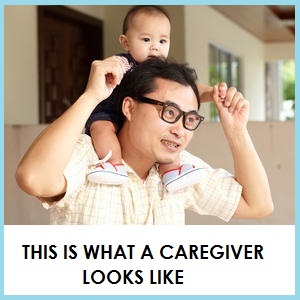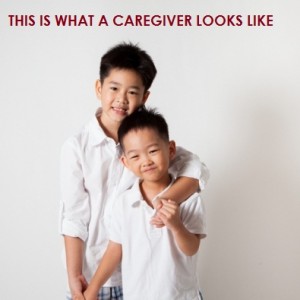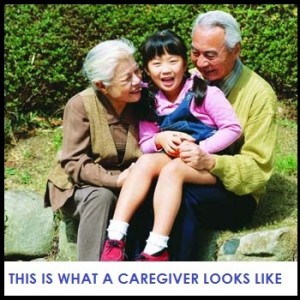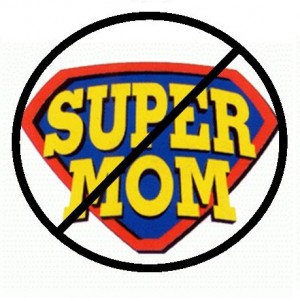-
Advocacy Theme
-
Tags
- Abortion
- Adoption
- Caregiving
- CEDAW
- Disability
- Domestic Violence
- Domestic Workers
- Harassment
- Healthcare
- Housing
- International/Regional Work
- Maintenance
- Media
- Migrant Spouses
- Migrant Workers
- Muslim Law
- National budget
- Parental Leave
- Parenthood
- Polygamy
- Population
- Race and religion
- Sexual Violence
- Sexuality Education
- Single Parents
- Social Support
- Sterilisation
- Women's Charter
Mums aren’t super, they’re just ordinary
May 8th, 2013 | Children and Young People, Family and Divorce, Letters and op-eds, News, Views
By Teo You Yenn
The expectations, presumptions, and institutionalised norms for mothers to be special and unique are irrational, unjust and harmful to society.
They do not have superhuman powers to create more hours in a day. They cannot free themselves of societal constraints to act as independent saviours. They do not raise children in social vacuums.
Pop culture and public policies conspire to frame mothers as extraordinary, as people — indeed, women — who possess special qualities such that they can be relied on to do things other people are not expected to.
The focus in public policy, for example, is on mothers as dominant players in children’s lives. There are lengthy maternity leave, versus insignificant paternity leave, and a range of tax reliefs only for working mothers. These compel us to think of and experience the caregiving of children as something that mothers are uniquely positioned to do.
 Men who want to and do play roles as caregivers are unsupported and unrecognised; women as grandmothers, teachers, and paid caregivers are symbolically relegated to being secondary and inferior substitutes.
Men who want to and do play roles as caregivers are unsupported and unrecognised; women as grandmothers, teachers, and paid caregivers are symbolically relegated to being secondary and inferior substitutes.
The expectations, presumptions, and institutionalised norms for mothers to be special and unique are irrational, unjust and harmful to society.
They create undue limitations on women as mothers, while depriving men as fathers both symbolic and material access to be genuine caregivers to children. They send the message to our youth — both young women and men — that the only sort of family life they can expect is one where they have to suppress some aspect of their varied capabilities and aspirations to fit into narrow gendered boxes. They obscure various differences that exist between women as mothers — socioeconomic circumstances and marital status, for example — and therefore their varying advantages and struggles in relation to the ideal of “supermoms”.
Finally, in framing mothers as ideal caregivers, they undercut the important roles played by various non-parent adults — teachers, babysitters, grandparents — in children’s lives.
Focus on kids’ needs, not mums’ roles
 It is entirely within the realm of possibility to alter public policy orientations in ways that would disrupt these unhealthy dynamics. The first step is for policy to focus broadly on children’s needs rather than narrowly on mothers’ roles.
It is entirely within the realm of possibility to alter public policy orientations in ways that would disrupt these unhealthy dynamics. The first step is for policy to focus broadly on children’s needs rather than narrowly on mothers’ roles.
The economist Nancy Folbre has argued compellingly for viewing children as public goods. Whether or not we have children and however we feel individually about wanting them, Professor Folbre points out, children grow up to become participating members of society. Their health, knowledge, and civic orientations invariably shape the society we grow old in.
As such, it is our collective interest and shared responsibility to enable children’s care and growth. Mothers should not be the only ones with either the responsibility or privilege to raise children. Instead, a whole range of adults — fathers, teachers, grandparents, babysitters — should be acknowledged and supported as legitimate and important caregivers.
In countries such as Sweden and Norway, the implementation of this child-centred approach has been in the form of publicly-funded leave for parents regardless of gender and marital status. There is also publicly-funded support for a range of institutional and home-based care for children regardless of their parents’ socioeconomic and employment status.
The outcome has been more egalitarian divisions of labour within the home; a greater range of life paths and arrangements around work and family; more equality of opportunity among children and less pronounced societal inequality; and greater respect for domestic, care and pedagogical labour. The universality of support also breeds a stronger sense of citizens as having collective responsibilities and obligations in the well-being of their shared future. As it turns out, when support for caregiving extends beyond the narrow lens of mothers as being and doing everything, everyone can lead better lives.
 In Singapore, we as a society know that mothers have limited capacities like everyone else in dealing with the various demands and challenges in everyday life. Increasingly, we also appear to know that not all mothers have the same resources and advantages to fulfil children’s needs.
In Singapore, we as a society know that mothers have limited capacities like everyone else in dealing with the various demands and challenges in everyday life. Increasingly, we also appear to know that not all mothers have the same resources and advantages to fulfil children’s needs.
Public policy needs to catch up with these sentiments.
This Mother’s Day, let us celebrate motherhood by recognising the ordinariness of mothers. We can change our social conditions such that mothers do not have to be super in order to be good.
Teo You Yenn is an AWARE Board Member, Assistant Professor of Sociology at the Nanyang Technological University, and author of the book Neoliberal Morality in Singapore: How family policies make state and society. This article was first published in Today on 6 May 2013. Read the published version here.




